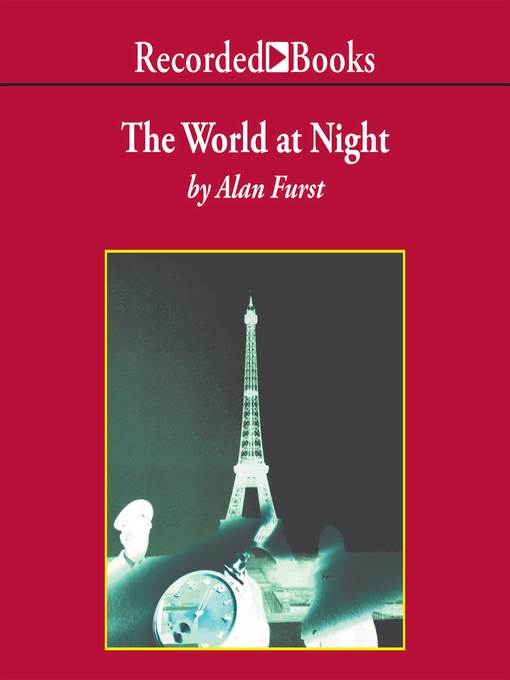
The World at Night
Night Soldiers Series, Book 4
فرمت کتاب
audiobook
تاریخ انتشار
2008
نویسنده
George Guidallناشر
Recorded Books, Inc.شابک
9781440795459
کتاب های مرتبط
- اطلاعات
- نقد و بررسی
- دیدگاه کاربران
نقد و بررسی

April 29, 1996
With uninspired plotting, Furst makes disappointing use of a vividly evoked wartime Paris in his latest WWII espionage novel (The Polish Officer; Dark Star; Night Soldiers). Hedonistic Parisian film producer Jean Casson thrives in Paris's active film industry, enjoying the colorful social scene, the posh restaurants and the beautiful, available women. But this world he knows so well all but disappears when Germans march into France and seize the city. At first, Casson strives merely to survive, but he's soon drawn into duty as an amateur intelligence operative and finds himself in a precarious position, buffeted by British Intelligence, resistance forces and the Gestapo. In the process, Casson discovers two powerful forces within himself--his patriotism and his consuming passion for an old lover, the beautiful actress Citrine. Furst brings this fascinating, historic Paris to life with his usual masterful use of period detail. But while Casson makes an intriguing protagonist, his relationships with other characters are presented rather schematically--in particular, his affair with Citrine, which ultimately proves so influential, is never satisfactorily developed. More importantly, Casson's career as a spy, marked by mixed success on missions that seem insignificant, is anticlimactic and a bit confusing. In the end, the novel never attains the dramatic pitch of Furst's recent The Polish Officer.

Furst's terrain encompasses the passions of war and friendship. Jean Claude Casson is a cinematographer who is sidetracked by the actual drama of war. Where a film of espionage might be challenging, the real thing sets his stomach roiling. His comfortable world has darkened, smothering him in the sheer weariness of a clandestine existence in Occupied Paris. Langton sets a tone compatible with the 1940s, using a voice that it is reminiscent of newsreel reports of the era; flat and uncompromising, it underscores the dreariness of poverty and fear. Were it not for some excruciating mispronunciations, the result would be more than satisfactory. S.B.S. (c) AudioFile 2001, Portland, Maine

























دیدگاه کاربران